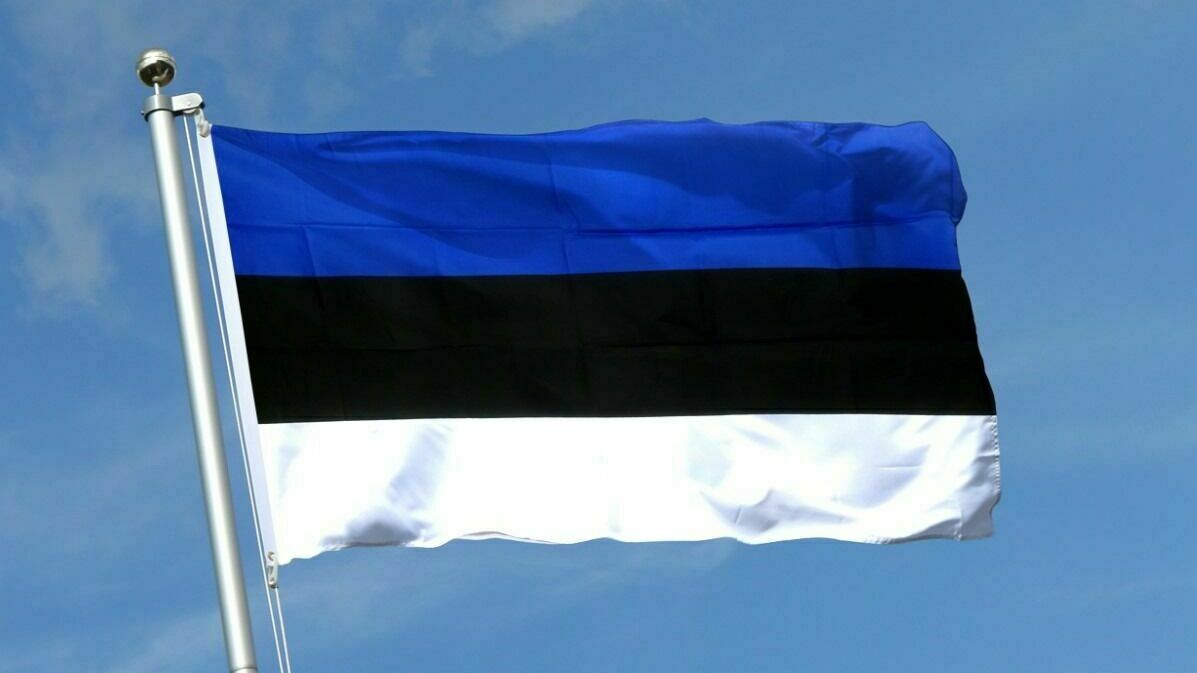Posted 7 марта 2023, 10:12
Published 7 марта 2023, 10:12
Modified 7 марта 2023, 10:44
Updated 7 марта 2023, 10:44

The President of Estonia refused to sign the law on the dismantling of Soviet monuments
As Interfax notes, it implies amendments to the Building Code, the law on the application of the Building Code, the law on planning, the law on state property. According to the head of Estonia, the current version of the bill contradicts the Constitution, therefore needs to be finalized.
"According to the explanatory note, the purpose of the law is to prohibit and remove from public space objects that violate the legal consciousness of society or pose a threat to the security of Estonia. This is a legitimate goal, but prohibited objects are defined in the law by an expression that cannot be given an unambiguous meaning even with generally accepted methods of interpretation", - Karis believes.
In his opinion, it becomes clear from the explanations that, first of all, "objects related to the activities of the Soviet government" are considered prohibited. At the same time, the ban itself can be interpreted much more broadly. Thus, the executor of the law will have to make assumptions about what the authors of the law meant.
"Article 1(1) of the adopted law is legally unclear and therefore contradicts article 13(2) of the Constitution", - the head of the republic stressed.
Due to the President's refusal to sign the document, the bill was returned to Parliament for reconsideration and revision.
On March 15, the Estonian Parliament adopted an amendment law that stipulates that the public part of the building, as well as monuments, sculptures and other similar objects, should not "incite hatred, support or justify the commission of a crime of the occupation regime or an act of aggression, genocide, crimes against humanity or war crimes". Such facilities must be brought into compliance with the new requirements, for which a period of six months is allotted.
Prior to that, the Estonian Government obliged the working group to recommend a list of objects for dismantling. In total, the group compiled a list of 322 objects, of which 244 were recommended to be removed. In the first half of February, the Estonian government allocated 1.42 million euros for the demolition of Soviet monuments from public space. The government's press service told Interfax about the removal of 64 monuments and plans to dismantle another 150 monuments.